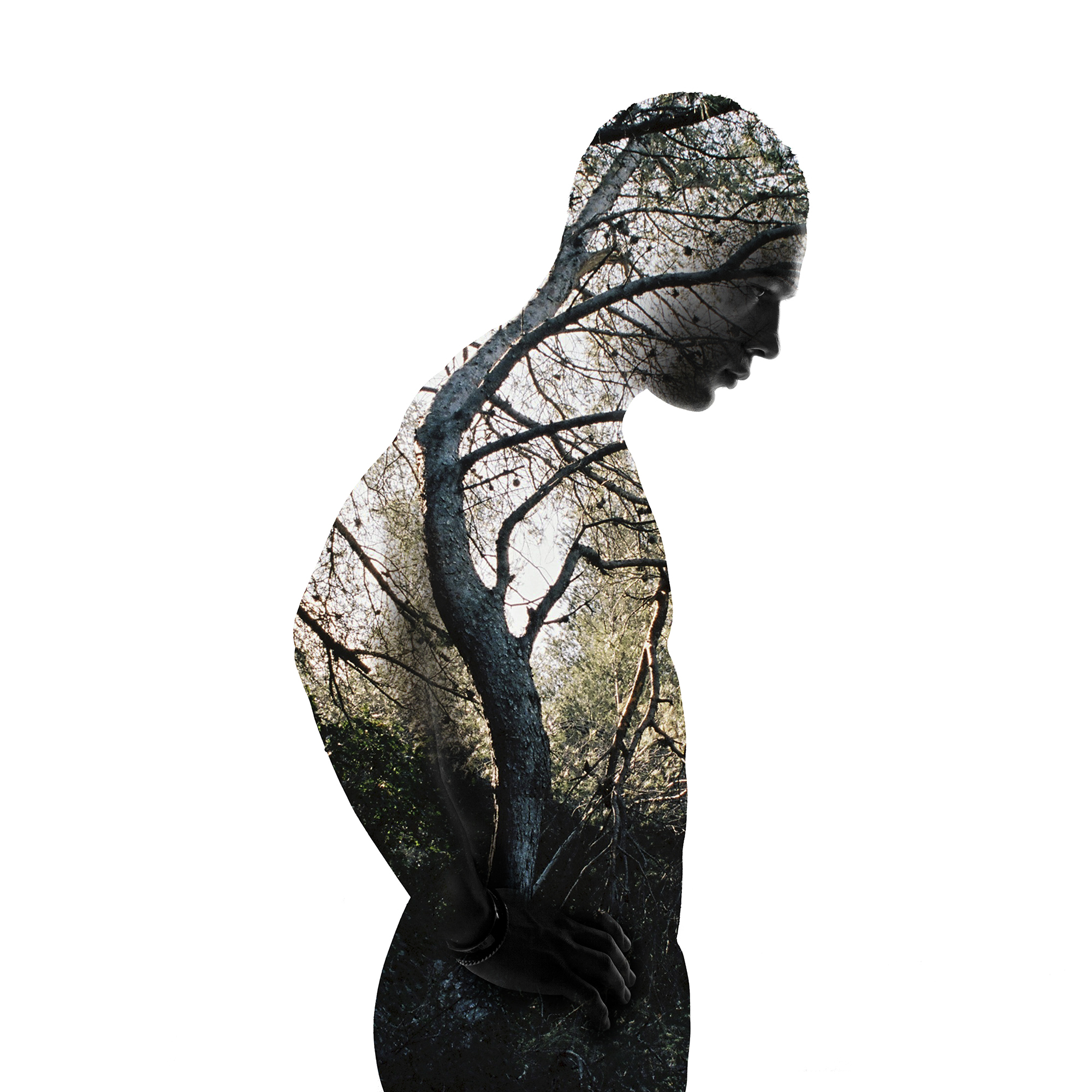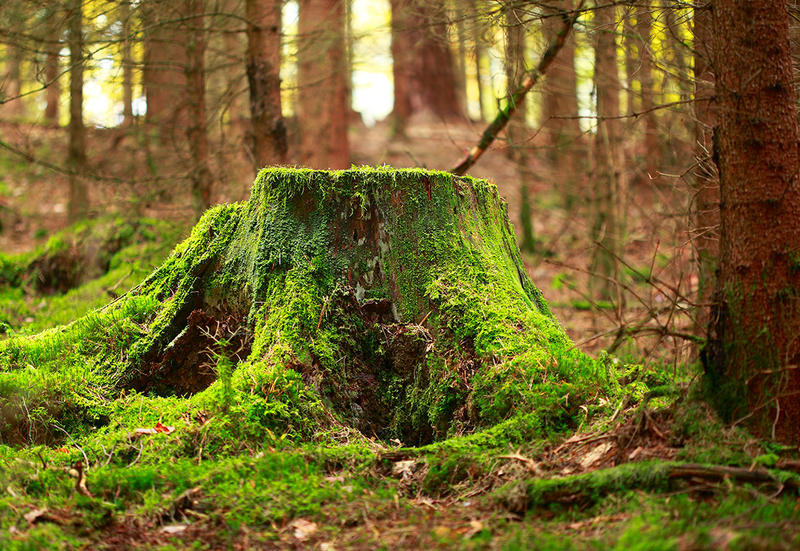· Psalm 8
Thirty years ago this summer I was
living in a kind of New-Age commune in the woods of Western Massachusetts and
one beautiful afternoon a few of us were eating lunch outside at a picnic table
when a great strategic bomber from the air base at Springfield went roaring
nearly overhead. Pacifist that I am, I
muttered some kind of grumpy comment to my table companions and my friend Bruce
smiled and said, “You know, that also is God.”
Which kind of stopped me in my tracks, because I did know that what he
said was true. I knew it was true, and
at the same time, I knew that I didn’t believe it. Because the huge warplane could also be God
only in a whole and unbroken world.
Which is not the world of my experience.
I live in a world of human artefacts
and human enterprise that I experience as separate from and set against the
world of natural things. And I am not alone
in this. How often have I heard a person
say that he or she experiences God most vividly in contemplating “nature,” in places
where wild creatures still dwell! How
often have I done the same! In such
places we can see the beauty and mystery of an order of things that we did not
create, and have not yet managed to pollute and destroy. It is as if the wild places awaken in us faint
memories of a forgotten language, one we used to speak and understand in a
country we left behind long ago. And
when we come back from those places to the world we think we know, our world of
machines and money and war, of business and government, of working and getting
and spending, the language of wild things goes silent.
It slips again into oblivion, and
with it goes a part of ourselves. It is
a part that we often scorn, as “romantic” and “naïve,” that we tell ourselves
has no place in the “real” world, the practical, modern world of human
affairs. We say it belongs to the past,
to childhood, to prehistory, or to “primitive” cultures that have been swept
away by the tide of progress and civilization.
We tell ourselves this as a way of denying that we still have a
choice. We prefer to believe that the
potential in human nature to be in sacred communion with the whole created
order of the world has been lost beyond recovery. Because this spares us the pain of knowing
that every day we actively, systematically suppress it. We prefer the despair of human isolation in a
mute and mindless universe, to the guilt of admitting we have given up hope.
If this is so, it is in part because
we have forgotten how to read the Bible.
We like to congratulate ourselves for figuring out that the first
chapter of Genesis is not a scientifically-accurate chronology of cosmic
evolution. As if it ever intended to be
that. And yet we have closed our minds
to its poetry, to its vision of a whole and unbroken world. It is a vision of a world of which we human
beings are an essential part, in which our unique power, our dominion over the
fish and the birds, the wild and domestic animals, comes from being made in the
image of the creator of it all. Our
activity, our filling and subduing the earth, eating the plants and their
seeds, and the fruit of the trees, is not innately a crime or a curse against
the creation. It was meant as a blessing
to the creature who, more than any other, is able to see this world as God
does, as good in every particular thing, and all together very good.
Of course we know what’s coming
next, in the Second Chapter: how the gift of power and freedom was more than we
could handle responsibly; how it was not enough for us to know the goodness of
the world, we had to know evil as well; how we found that evil in ourselves and
so the world we know began to be, the world of shame, and mistrust of God, of
blaming one other, the world of gender inequality, of jealousy and murder, of
agriculture and mining and the building of cities, and of exiles wandering over
the face of the earth. But our historic obsession
with that second story—and it is, after all, the story of us as we are—sometimes
has made us forget our first creation story.
We have put it aside as if it is a story of who we were, in some
irretrievable dream, with nothing to say about who we might be, or might
become.
And yet the First Chapter of Genesis
is precisely a story of hope. It tells
the essential spiritual truth of the world as a living unity, including human
nature created in the image of God. And
more than that, this story places a gift in our hands. It gives us a way to remember and renew the
highest truth of who we are: that we are not simply masters of the earth
community, but members of it, with a unique responsibility to love it for its
own sake, and because it is the handiwork of God. This story gives us the gift of time, time
out from all our filling and subduing the earth, time to celebrate the glorious
and gratuitous beauty and goodness of life in this world, to be again like God,
as only we can be.
This gift is, of course, the
Sabbath. In Genesis 1, God does not
create a world in which some places are holy and others are not. But God does create a special holiness in
time— every seventh day, hallowed as a day of rest. In a practical sense, however, only one
creature is able to number the days and consciously keep the Sabbath. This is
how we human beings are unique, as far as we know, among the creatures of the
earth—not just that we are clever, resourceful, industrious, numerous, and
strong—but that we mark time and set some apart for the rest that comes from
God. It is our privilege to enjoy this holy
time of rest, on behalf of all the creatures in the world, to share God’s love
for all that has been made, to share God’s judgment that the world is very
good.
In the fullness of time one came who
shared God’s love and gracious judgment perfectly. He is Jesus Christ, Son of God and Son of
Man, the Lord of the Sabbath. The true
human image and likeness of God was perfectly restored in him. And his Lordship, his dominion, is for the
sake of making the creation whole again.
It was his will, and the will of his Father, to share his true human nature,
no longer broken off from God or from the world, no longer male nor female, Jew
nor Gentile, slave nor free, with those who became his disciples. This is the gift we hope for when we baptize
a person in the name of the Father, and the Son, and the Holy Spirit, as we are
doing for little Zane Ra today. But it
is not only we who have this hope: “The whole creation,” says St. Paul, in the 8th
chapter of his letter to the Romans, “waits with eager longing for the
revealing of the children of God.”
This is the great hope of the Bible,
a hope that is always in danger of vanishing from the world—that human nature
and the whole creation will be restored to harmony and share in the Sabbath
peace and joy of God. This great hope is
inseparable from a great responsibility—for it lives or it dies in us. But we do not shoulder this responsibility
alone. The Holy Spirit working in us, awakening
hope for love and fulfillment, and this turns the struggle and suffering of
everyday life into the path of discipleship, of growing into the full stature
of Christ. And it is the Son of God who
walks beside us, God’s Word of wisdom and compassion, guiding our steps on the
journey that leads to the fullness of life.
He promised to be with us every day until the ages of creation are
crowned with completeness. And because he
is with us, we have nothing to fear, for though he is ever active, ever
blessing, ever interceding on our behalf, he is also already at rest, already
abiding in the eternal Sabbath day.


